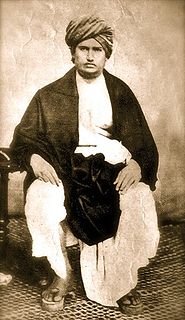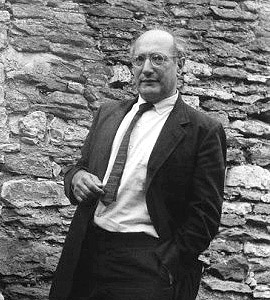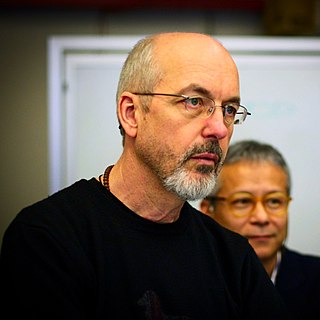A Quote by Frances Gray Patton
empathy, the least comfortable of human emotions.
Quote Topics
Related Quotes
Empathy is a human trait. But lots of humans exercise some traits more energetically than others. By "the usefulness of empathy" I mean the way in which a progressive might claim that empathy is a crucial aspect of any benign political system, and the way a conservative might argue that not only is it not necessary, but it might not even be all that helpful, in that regard.
I remember, once I was stressed, with an upcoming paper deadline. That little Microsoft Word clippy guy would show up in my face, jumping around and asking if I needed help. It had no understanding of my emotions and had zero empathy. That got me interested in this idea of tech being responsive to our emotions.
It seems to me that dominant cinema seems to require an empathy or a sympathy between the film and the audience which is basically to do with the manipulation of the emotions and it seems to me again -- and this is a very subjective position -- that most cinema seems to trivialise the emotions, sentimentalising or romanticising them.
One cultivates spaciousness or awareness which allows you to acknowledge the emotions and see them as part of the human condition. Emotions are like subtle thought forms and they all arise in response to something outside yourself. They are all reactions. You cultivate a quietness in yourself that watches these emotions rising and falling and passing away.





































